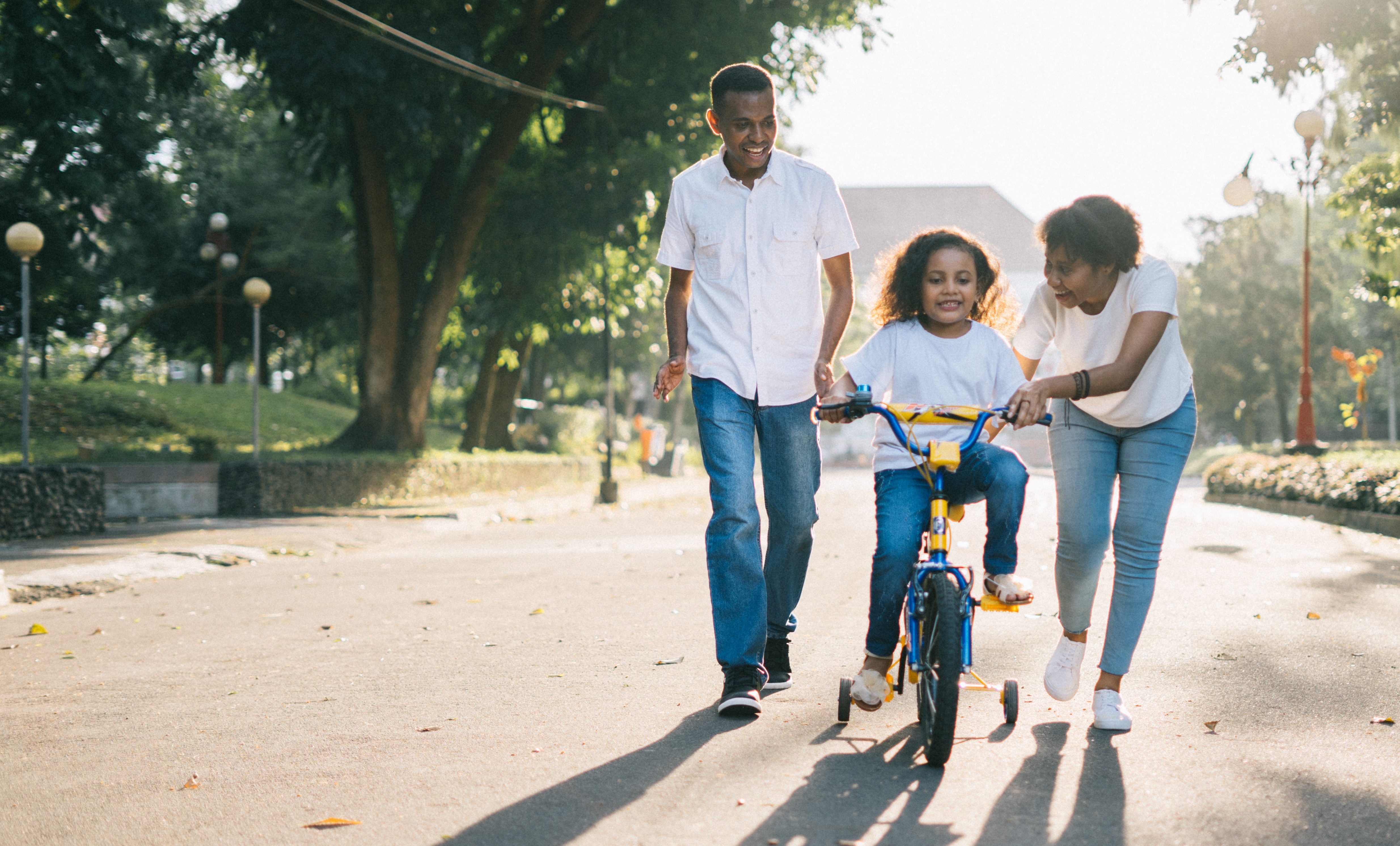
The experiences we have as children, both positive and negative, can have lasting impacts on our health and behavior as adults.
You may have heard of ACEs (Adverse Childhood Experiences). The idea of ACEs came out of a study conducted by Kaiser Permanente from 1995-1997. This study explored the connection between childhood abuse, neglect, family/household challenges and health & well-being later in life. Importantly, the study found that the more ACEs a child had, the more likely they were to have negative outcomes as an adult. These negative outcomes include chronic illness and mental health problems.
More recently, research was done on the positive childhood experiences that can lessen the impact of ACEs. The HOPE (Health Outcomes from Positive Experiences) Framework suggests that positive experiences also have a large impact on health and well-being and can promote resilience in children exposed to adversity. Feeling supported by family and friends and having a sense of belonging in school are examples of positive childhood experiences.
There is Hope
So, what does this mean for parents, teachers, coaches, community members, and other caring adults? It means that there is hope. We need to identify what we can do (and what we are already doing) that will promote positive experiences and reduce negative experiences for children and families in our communities. Specifically, we need to ask ourselves, how can we build nurturing relationships and provide safe, stable environments for the children in our lives. “Treatment is not just fixing what is broken; it is nurturing what is best within ourselves.â€
Want to learn more? Read Balancing adverse childhood experiences with HOPE or Listen to Dr. Sege talk about the ACES with HOPE Study on the Organizing for Social Change Podcast.
Sources: https://hria.org/wp-content/uploads/2017/05/Balancing-ACEs-with-HOPE.pdf; https://www.ajpmonline.org/article/S0749-3797(98)00017-8/abstract; https://www.academicpedsjnl.net/article/S1876-2859(17)30107-9/pdf;
